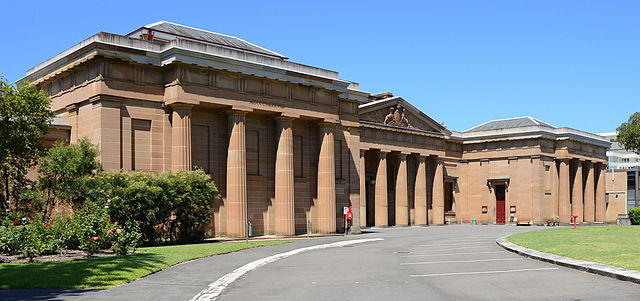
On 11 August 2022, Manase Fainu was convicted after a ten day trial at the District Court on a single charge of wounding with intent to cause grievous bodily harm pursuant to section 33(1)(a) Crimes Act 1900 which carries a maximum sentence of 25 years.
On 02 December 2022, Manase Fainu was sentenced to eight years in prison with a non-parole period of four years and three months.
On 06 October 2023, the former NRL Star Manase Fainu lost his conviction appeal at NSW’s highest Court.
The case against Manase Fainu arose from an incident during a party held at a church in Wattle Grove on 25 October 2019. The party was attended by five individuals, including Manase Fainu, who were asked to leave the premises and returned to the church carpark where the altercation occurred between some of them and the complainant Mr Faamanu Levi and his friends Mr Charlie Toilalo, Mr Kupi Toilalo (Kupi) and Mr Tony Quach (Mr Quach).
During the altercation, Mr Faamanu Levi sustained a knife wound to his back, under his right shoulder which penetrated into the chest cavity causing his lung to collapse and resulting in internal bleeding. Manase Fainu and his four friends thereafter left the carpark which was captured by CCTV. It was accepted by Manase Fainu that at the time of the incident his left arm was in a sling.
Mr Faamanu Levi evidence was that he could not identify who stabbed him. However, two witnesses, Mr Quach and Kupi, each said they saw a man whose left arm was in a sling holding a knife. Mr Quach also said that he saw Manase Fainu stab Mr Faamanu Levi. Kupi said that he did not himself see the stabbing.
Manase Fainu’s evidence was that he was a passive observer during the altercation and that he had not actively participated in the violence that unfolded that night. He asserted that he watched the events unfold and eventually fled out of fear for his safety. He denied stabbing Mr Faamanu Levi or holding a knife.
The key issue in the appeal was whether the jury’s verdict was reasonable. The defence argued that Mr Quach’s evidence, which implicated Manase Fainu as the attacker, was unreliable due to inconsistencies in his recollection of events and potential contamination of his memory by social media images.
The first inconsistency argued was Mr Quach’s evidence regarding the relative positioning of persons at the time that the knife was first seen by any person. Mr Quach said that when he heard Kupi mention a knife, he turned around and saw the knife-wielding man behind the vehicle. Kupi said that when he saw the knife, the knife-wielding man was towards the front of the car.
The second inconsistency argued was Mr Quach’s evidence being at odds with the balance of the evidence as to:
- the location of Mr Faamanu Levi at the time the physical altercation commenced,
- the identity of the person who was first punched,
- Kupi’s location when he first saw the knife,
- the location of the knife-wielding person,
- Mr Quach advancing towards and pushing the person holding the knife in the location described by him, and
- the movement of the knife wielding man after stabbing Mr Faamanu Levi in the back, moving to his front and then wielding the knife a second time.
It was also argued that the evidence of Kupi and Mr Quach were also contaminated as they searched social media for Manase Fainu while they were at the hospital, found a picture of him, and confirmed that he was the knife-wielding man.
The Court assessed the evidence presented during the trial and considered the arguments raised in the appeal. It acknowledged the discrepancies in witness’ evidence and the potential for memory distortion due to the fast-paced, high-stress nature of the altercation.
The Court pointed out that the appeal did not rely solely on Mr. Quach’s evidence. Kupi’s consistent identification of the man with the sling as the knife-wielder provided corroborating evidence.
Moreover, the Court highlighted that discrepancies in recollections were unsurprising given the circumstances and did not materially undermine the credibility of the witnesses.
The court also addressed the potential for witness contamination through exposure to social media images. It found that while there was evidence of such exposure, it was not sufficient to conclude that Mr. Quach’s identification was influenced to the extent that it rendered his evidence unreliable.
Accordingly, the Court dismissed the appeal.
The full judgement can be accessed here.
If you have a criminal matter, speak to our Criminal Lawyers Sydney by contact AMA Legal on (02) 8610 3764 for a confidential consultation.

